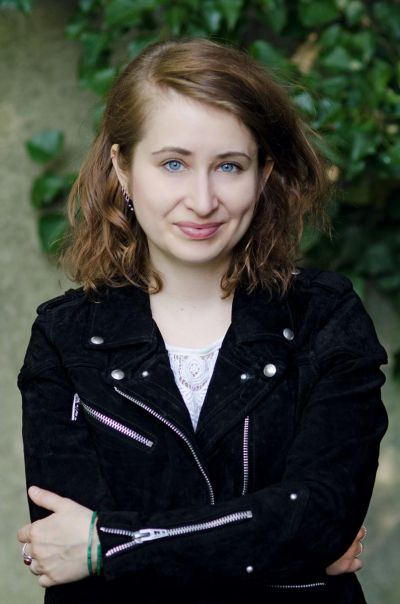Matthias Nawrat

Matthias Nawrat can well remember his childhood in Upper Silesia. He grew up with his brother, who was three years younger than him, on a prefab estate in the city of Opole. His mother worked as a sports teacher in the nearby school, his father was a lecturer in social psychology and a researcher at the university. Nawrat says: “I was a normal child in Polish Socialism. I watched Karate Kid in the school cinema, went to church, played war games with friends in the corridors of the apartments blocks and at some stage marvelled at the Commodore 64 belonging to one of my classmates.“ Nawrat remembers queues in front of the supermarkets and the Friday roll call in the school yard in which the same words were always used to praise the Party and the government. And although he always remembered the Poland of his childhood as being grey and sad, when he looks back his childhood also seems to him to have been full of magic: the trips to the wood or to the lake in Turawa, the cosy Christmas celebrations, the endless summer holidays on the Baltic Sea.
His parents, however, saw increasingly fewer prospects in their homeland. They suffered not just from the economic limitations, but also from the repressive atmosphere which turned many people into opportunists. The couple found the constant persecution and intimidation of the civilian opposition around the “Solidarność” strike movement particularly unpleasant. When they moved to Bamberg in 1989, the Nawrat family was unaware just how soon the system would collapse. Upon their arrival in Germany, they were classed as “displaced persons” because their father’s mother was half German and his aunt and his brother already lived in Frankenland.
Matthias Nawrat assumes that his biographical background is the reason why he has written about outsiders from the very start. He learnt German predominantly by reading and writing. But he first clearly felt the desire to be an author when he was studying biology. Matthias Nawrat chose a natural sciences degree because he believed that this would enable him to more deeply explore the living world. He was particularly interested in neurobiology. However, quantum physics, biochemistry and astronomy also seemed to him to be disciplines which would not only allow the phenomena in space and time to be better understood, but also that which lies outside of that: i.e. what the religions call God.
However, his hopes were dashed. He says: “Biology and the theory of evolution did not really help me to develop a deeper understanding in terms of the God question and I didn’t learn anything deeper about people either.” For Nawrat, what decides the humanity of the individual person is his inner world and the decisions he makes in interaction with his cultural historical situation. The novels of science fiction authors, such as Stanisław Lem and the Strugatzki brothers, formed the bridge for him between natural sciences and literature. That is why Nawrat’s first novel was a science fiction story entitled “Waldzone”. The story was about a wood in the future which inexplicably pushes humans to the poles of the planet. A group of scientists then break into its centre to find out what has happened. Unfortunately, the material which sounds interesting, was never published.

